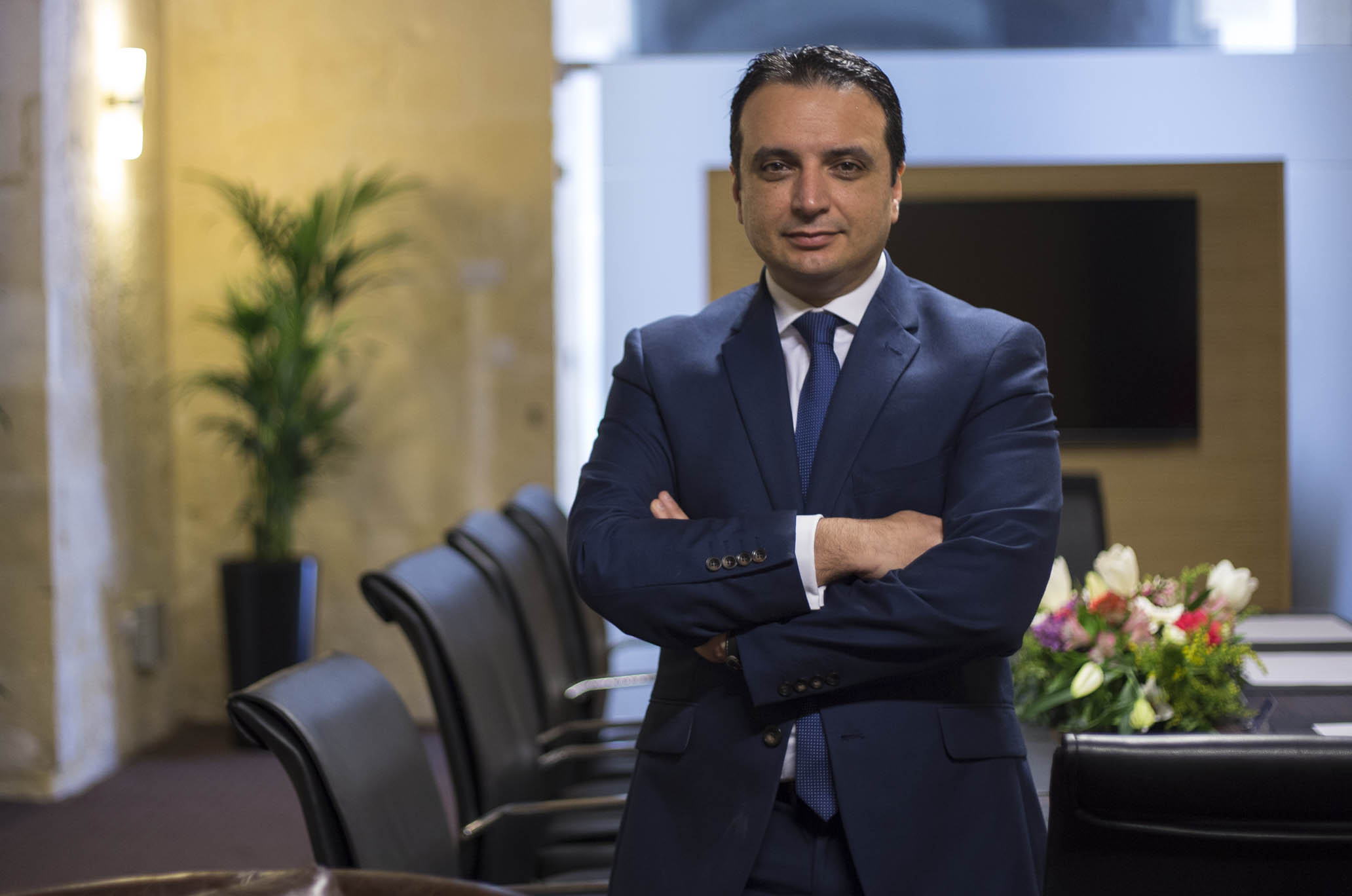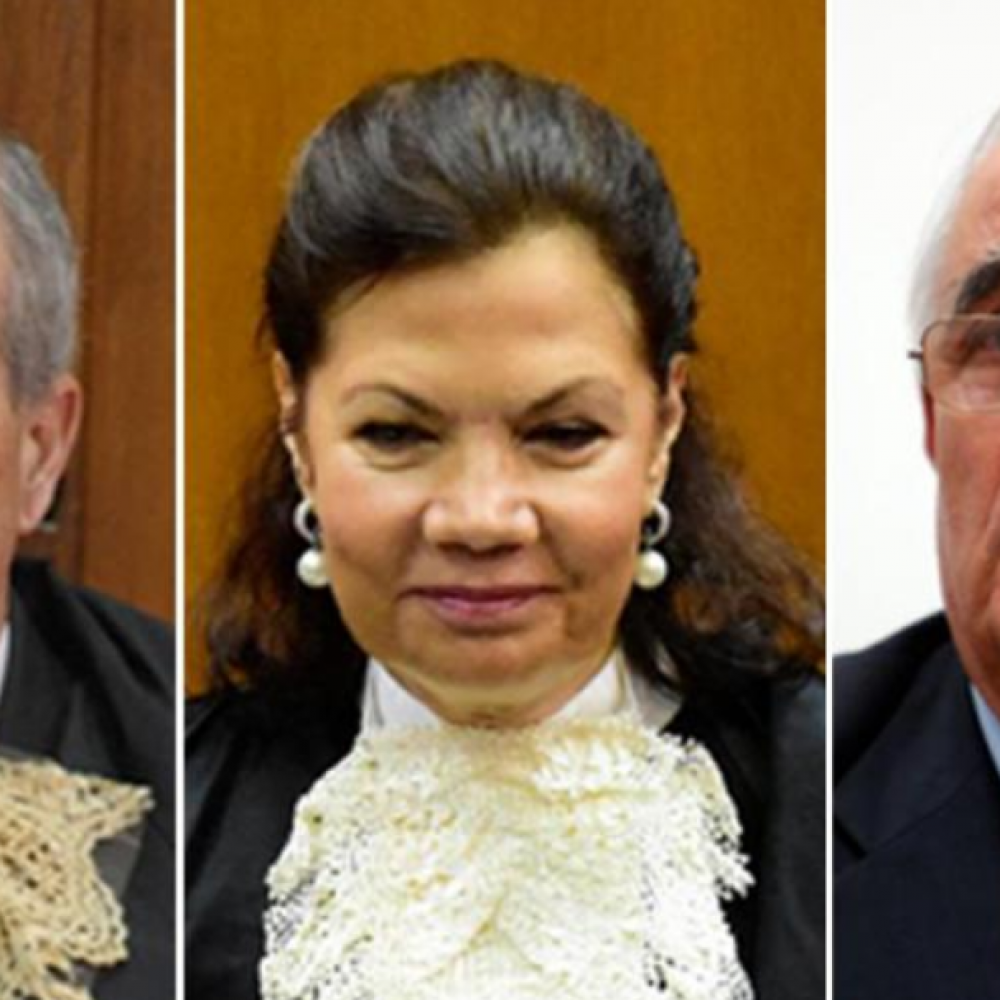The inquiry board investigating the assassination of journalist Daphne Caruana Galizia has lost patience with the government’s attempt to propagate the narrative that the entire exercise is “political” (by which they mean partisan) and should come to an end.
The final straw dropped during testimony from Identity Malta CEO Jonathan Cardona, Head of the country’s cash-for-passports scheme.
Cardona was accompanied by lawyer Pawlu Lia, whose clients include Joseph Muscat and the governing Labour Party, and by Ramona Attard, Labour Party president.

Lia has been a constant presence in the courtroom anytime important government officials were called to testify.
His role seems to consist of repeatedly objecting to questions asked by the Caruana Galizia family lawyers Therese Comodini Cachia and Jason Azzopardi (who are Opposition MPs), and labelling them “political”.
Judge Emeritus Michael Mallia finally lost his patience and snapped in frustration.
“Stop this thing about political questions!”
Judge Abigail Lofaro cut in. “We are not here to do something political, this criticism is offensive.” This is because the Judges understand it is partisanship that is being implied in this case.
“That is the perception out there,” Lia said.
That ‘perception’ has a lot to do with the Labour Party’s persistent attempts to discredit the inquiry through their media channels, and through the testimony of officials including disgraced former prime minister Joseph Muscat and former star minister Konrad Mizzi.
That same day, Prime Minister Robert Abela told journalists that the inquiry should end next week. Abela’s statement was met with accusations of political interference by members of the Opposition, international NGOs and the Council of Europe.
Despite his attempts to impose an arbitrary deadline on the process, Abela does not have the power to order the inquiry to stop, or to invalidate its conclusions because he disagrees with the timeline.
The public inquiry is mandated by Article 2 of the European Convention on Human Rights. By interfering with or attempting to end the exercise prematurely, Malta would be adding further disgrace to the long list that has become this government’s hallmark.
When the board finally did get answers out of Jonathan Cardona, it was immediately apparent that his testimony didn’t match answers given by his former boss Joseph Muscat.
The disgraced former prime minister had been asked about an email where he gave the go-ahead for Henley &Partners, the concessionaire of Malta’s cash-for-passports scheme, to launch a SLAPP lawsuit against Daphne.
Muscat told the public inquiry he “did not object” in order to “protect the interests of the country”.
Cardona insisted the government had attempted to dissuade Henley & Partners from taking financially-crippling legal action against the journalist, claiming that former Justice Minister Owen Bonnici had encouraged them to send a letter rather than take court action.
In his testimony, Bonnici also told the board he had encouraged the firm to use dialogue instead of legal action, adding “if he wants to use that route, who am I to tell him not to?”
The difficult plight of journalists in Malta has been a frequent topic at the inquiry.
Describing his interactions with the press as “love/hate”, Joseph Muscat told the board Maltese journalists have “strong tools at their disposal”, citing the Freedom of Information Act which has been regularly criticised by journalists for denying rather than providing information.
Former head of news at the Public Broadcasting Services, Reno Bugeja, weighed in, denying pressure from government quarters and rebutting a claim made by lawyer Jason Azzopardi that the public broadcaster was “a glorified notice board” for the government of the day.
Bugeja took over the PBS newsroom after Muscat’s first election in May 2013. His testimony was at odds with an analysis carried out by The Shift that revealed the public broadcaster consistently under-reported major scandals that cast the government and the Labour Party in a bad light.
The weakening of public bodies was a hallmark of Joseph Muscat’s time as prime minister.
Auditor General Charles Deguara told the public inquiry board that issues linked with corruption began as early as the tendering procedure. “Sometimes, the tender will ask for one thing, and the final result will be something completely different,” he said.
Major projects seemed as though they were tailor made for one particular bidder, the former chief justice pointed out.
Asked about the Memorandum of Understanding on the sale of three public hospitals to Vitals Global Healthcare, signed before the Request for Proposals, Deguara said, “There can never be a case, never, never, when an MOU happens before a tender.”
The National Audit Office’s report, published in July 2020, concluded the deal was “predetermined”, and the MOU was “definite evidence of VGH’s prior knowledge of the planned project and proof of collusion with government, or its representatives.”
Unfortunately, the NAO does not have executive powers to sanction in cases of wrongdoing.
“What we do is name and shame,” Deguara said, noting that his recommendations on minute-keeping repeatedly seem to fall on deaf ears. “I’m like a voice in the desert.”
The week ended on a discouraging note, as the Special Rapporteur for the Parliamentary Assembly of the Council of Europe, Pieter Omtzigt, came to the end of his mandate.
The Assembly had made a series of recommendations in June 2019 insisting Malta strengthen the rule of law, end impunity for high-level corruption, and hold a public inquiry into the murder of Daphne Caruana Galizia.
The committee said that implementation of its recommendations on ensuring justice for Daphne remain “fundamentally unsatisfactory, with no final results”.
Malta’s response on ending impunity for high-level corruption was “entirely unsatisfactory”, and “unsatisfactory overall, with mixed results” when it came to strengthening the rule of law.
“Despite new laws, new officials and even a few arrests,” Omtzigt wrote, “no one has been prosecuted – it’s as simple as that”.
On Republic Day on Sunday, President George Vella said bringing to justice those involved in the Caruana Galizia murder is country’s primary challenge. Moving from words to action is an entirely different matter.
The following project is weekly Maltese Roundups prepared by The Shift News (Malta) offering the latest news in Daphne Caruana Galizia case.

